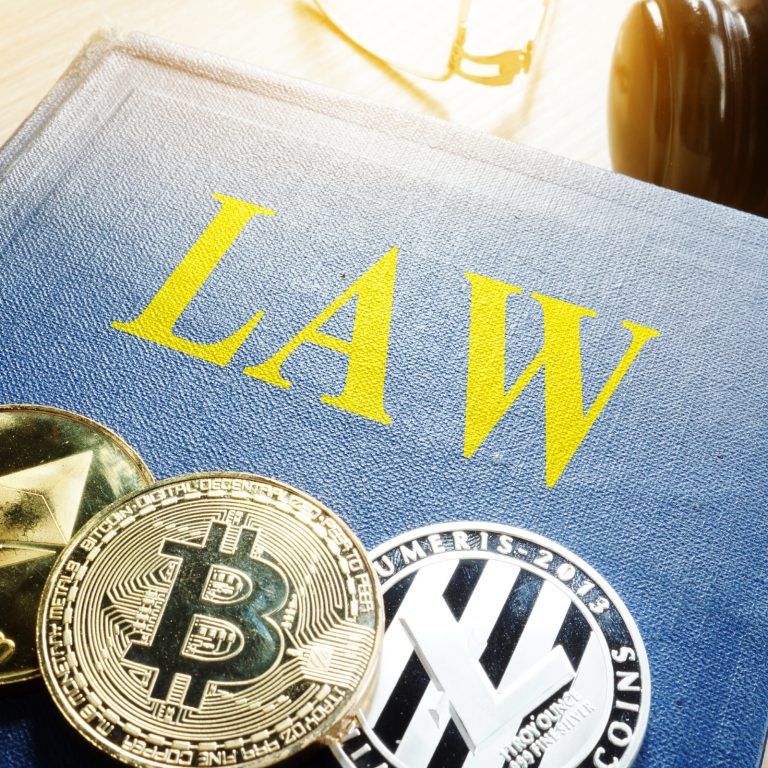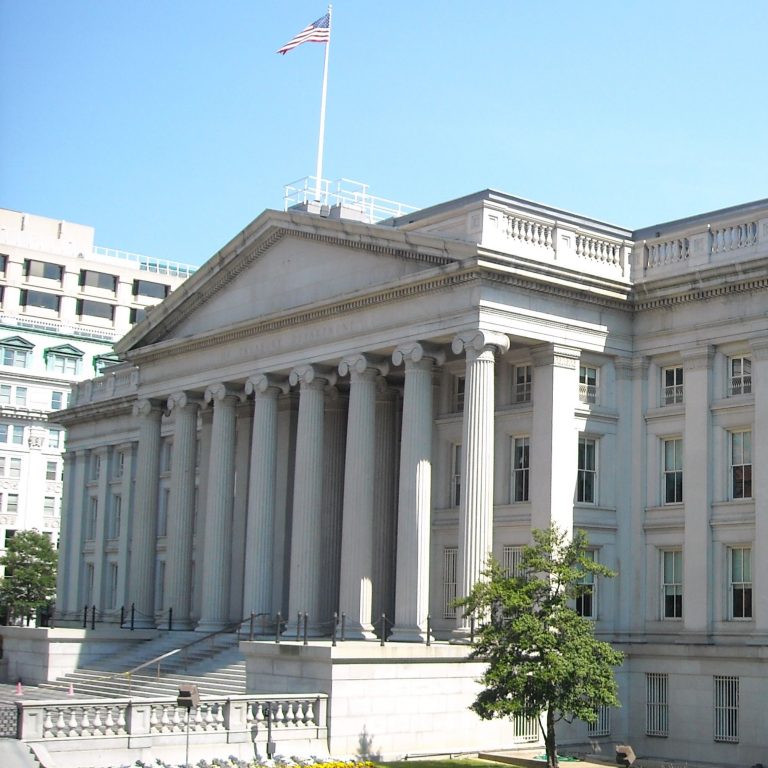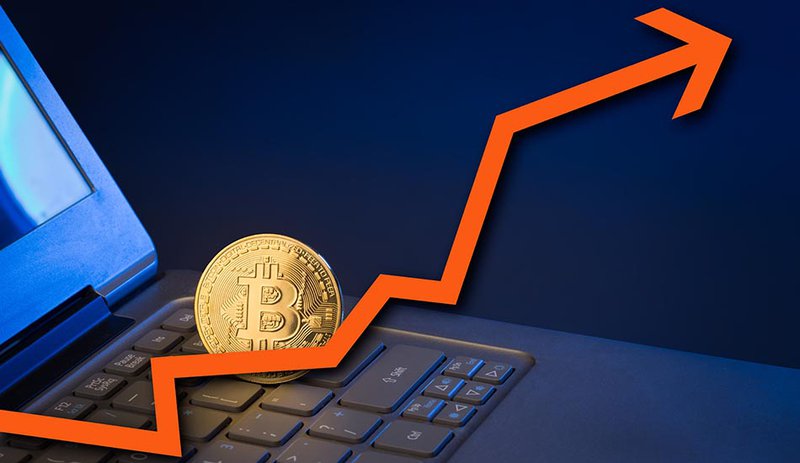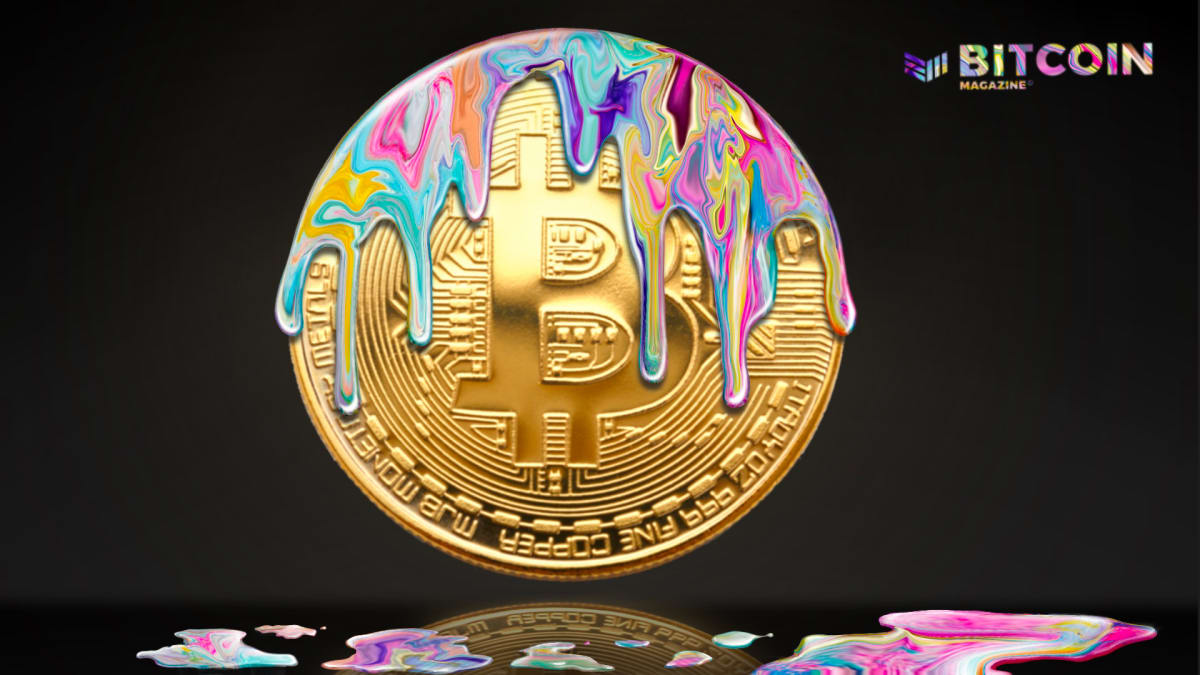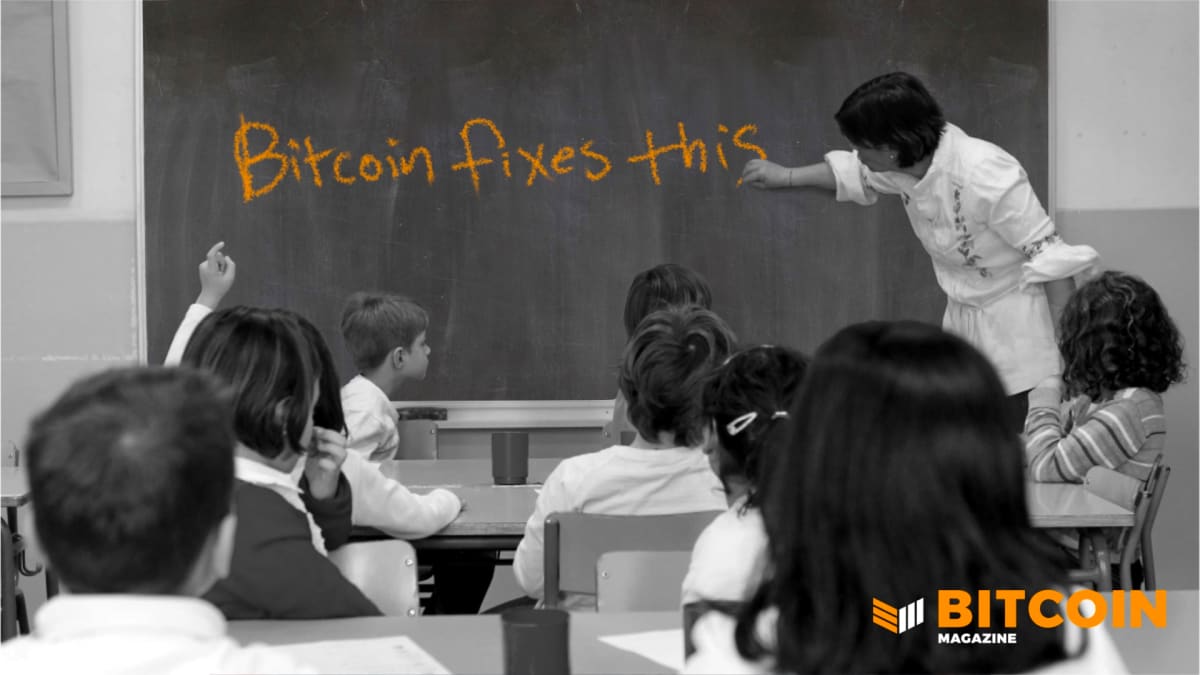
2021-8-31 09:00 |
Learning about how the world of finance works is increasingly important as technology like Bitcoin advances.
Recently I met with a group of high school seniors transitioning into college to ask how we can improve our education system. One thing they mentioned is that they did not feel prepared for the real world. I started asking them questions to try to figure out what they meant. When we got to the topic of financial literacy, I was stunned by their lack of knowledge. They did not know the difference between a debit and credit card. One student did not even know they were responsible for paying back money charged to a credit card.
As some members of Congress think about banning bitcoin, they are missing what the real problem is. The federal government should not be in the business of banning innovative new technologies, but the government does have a role in funding age-appropriate financial literacy courses from kindergarten through twelfth grade. As an educator and candidate running to serve California’s 30th congressional district in 2022, I believe this is a moral imperative. We are allowing our youth to leave high school ill-prepared, and set up for failure.
Financial literacy courses are essential to instill principles of saving, budgeting, and investing, which leads to financial responsibility. These classes provide students with concrete skills they can apply in the real world. Current California state standards mandate that public school students take a semester-long economics class that teaches big picture economics but fails to address the practical skills people need to handle their money. Students learn about international trade and monetary policy, but they do not learn how to find an apartment to rent or how to calculate credit card interest. Students need dedicated classes on personal finance. They need to leave high school knowing the difference between a debit and credit card. They need to understand that credit cards are inherently high interest and that companies want people to get themselves stuck in debt traps by making minimum payments that leave the principle largely untouched. They need to know how to make smart investments for themselves by balancing risk with potential reward while factoring in inflation and fees.
Every student deserves to be taught financial literacy but there is a deep inequality in which students actually receive the opportunity. A federally-funded program ensures that every student receives a quality education regardless of family income. In the absence of these classes, young people usually learn finance from family members or are forced to figure everything out on their own. For children raised in affluent families, this may not be an issue, but kids from disadvantaged backgrounds may not have mentors or family members who are knowledgeable in finance. Young people who lack these skills are set up to fail. They are vulnerable to predatory lending. They risk falling for check-cashing services and payday-loan companies promising service fees and rates that sound low, but never are. They are likely to be surprised by minimum account balance fees and penalties incurred for accidental overdrafts. Financial literacy gives kids growing up in poverty a fighting chance.
As the economy changes with Bitcoin and blockchain technologies, a solid grounding in financial literacy is more important than ever to navigate an increasingly complex world. Bitcoin is already changing finance and investment, and it has the potential to revolutionize the entire economy. If the federal government banned bitcoin, it would not destroy the technology, but it would help ensure that the American economy will lose out to foreign markets and investors. Stifling innovation is never good for economic prosperity. This is a technology that is here to stay and any properly-run financial literacy class should teach students about Bitcoin and cryptocurrencies to empower them to make their own decisions. A teacher should never counsel a student to make or not make any kind of investment, whether the investments are stocks, bonds, or bitcoin. The teacher’s job is to help students educate themselves so they can make their own informed decisions.
Calls to ban bitcoin are bad for the economy and ignore the rights of individual Americans to handle their own money as they see fit. These calls also ignore what the real problem is. More than half of Americans live paycheck to paycheck. The government needs to fulfill its obligation to give every kid an education that prepares them for financial responsibility. Tens of millions of everyday Americans have bought into bitcoin as a chance to build real wealth. It is hard enough for regular people to get ahead. It is unconscionable to think that the government could or would pass a ban that would, with the stroke of a pen, destroy all of that wealth. In Congress, I will fight for federal dollars to support financial literacy programs and I will stand with the bitcoin community against any ban attempts. We need to act together. Where do your representatives stand on Bitcoin? Is personal finance included in your state’s educational standards? Find out. Write letters. Support candidates who reflect your values and who will fight for your interests and make your voice heard.
This is a guest post by Aarika Rhodes. Opinions expressed are entirely their own and do not necessarily reflect those of BTC Inc. or Bitcoin Magazine.
origin »Bitcoin price in Telegram @btc_price_every_hour
Bitcoin (BTC) на Currencies.ru
|
|

